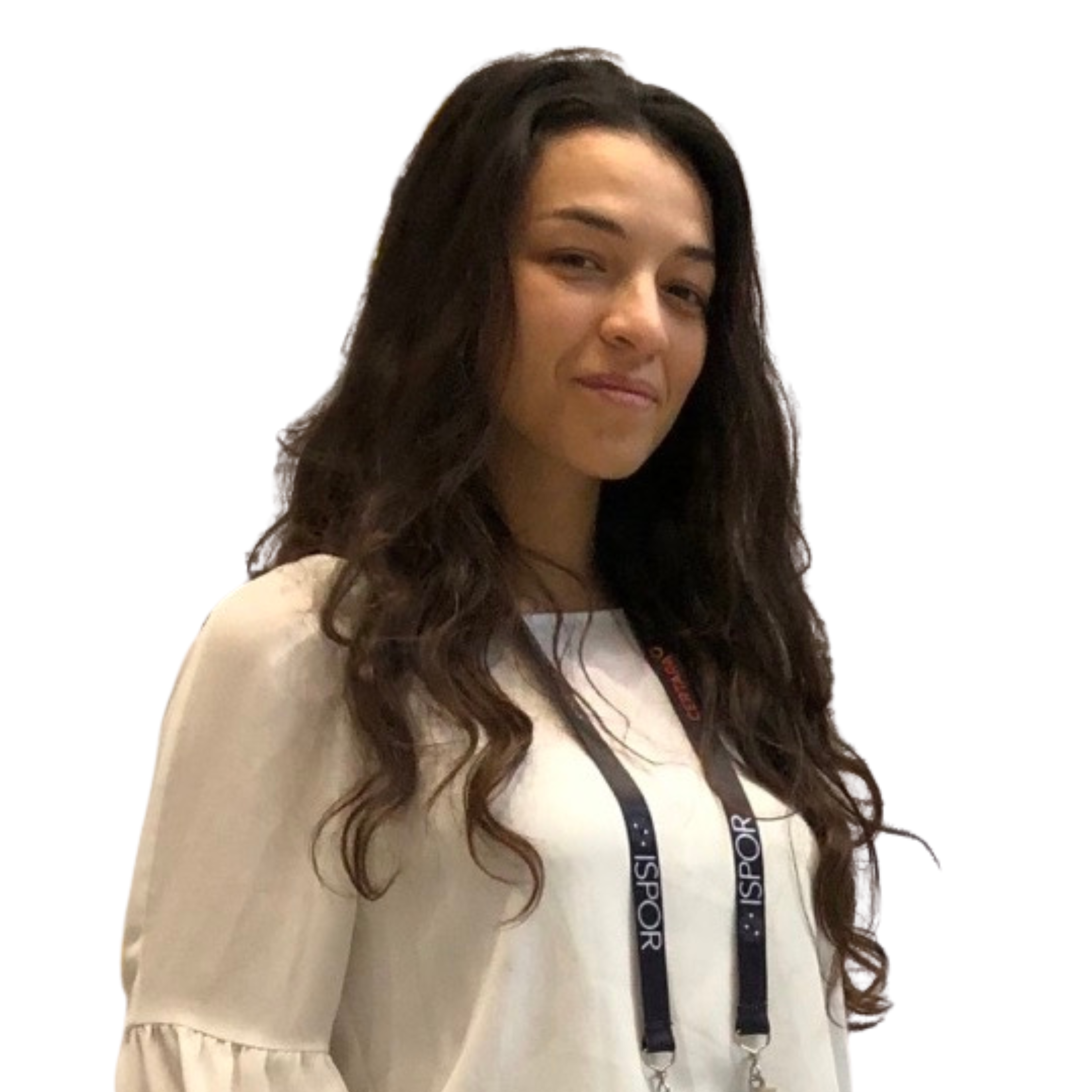
In this interview, we speak with Celia Aouadj, a graduate of HEC Lausanne’s Master of Science in Economics program. Celia currently works in Tokyo as a Health Economist for Bristol Myers Squibb – one of the world’s largest pharmaceutical companies, where she is responsible for health economics activities related to therapies turning available to patients. During the interview, Celia explains how her master’s degree in economics from HEC Lausanne impacted her career path and professional development. She also shares insights into the valuable skills she has developed through the program, including technical knowledge, agility, and scientific logic, which have been instrumental in her current role. Additionally, Celia highlights the benefits of the HEC Lausanne program, including the diversity of subjects taught and the level of technicalities required for credibility and exactitude. Lastly, if you are an undergraduate interested in obtaining a master’s degree in economics, Celia recommends getting introspective to understand your career goals and familiarizing yourself with the details of your desired role.
COULD YOU PLEASE INTRODUCE YOURSELF, WHAT YEAR DID YOU COMPLETE YOUR MASTER OF SCIENCE IN ECONOMICS FROM HEC?
My name is Celia Aouadj and I graduated from the MscE Economics in 2018. I am currently based in Tokyo where I am responsible for the health economics activities related to the Bristol Myers Squibb Japan, Hematology department. My role priority is to prepare for HTA (Health Technical Assessment) processes for therapies turning available to patients.
HOW HAS YOUR MASTER’S DEGREE IN ECONOMICS AT HEC LAUSANNE IMPACTED YOUR CAREER PATH AND PROFESSIONAL DEVELOPMENT?
With the opportunity of integrating my thesis into an internship in the global HEOR (health economics and outcome research) department of Novartis, I worked on the cost-effectiveness analysis of novel gene therapy and contributed to its related studies. Back then, I built on many aspects of the MscE Economics. Indeed, the program is preparing you in many ways for professional life. It creates the agility needed for fast and in-depth learning of technical notions, provides knowledge and tools that can be leveraged outside of their learned area, and develop the scientific logic necessary to navigate any complex concept as well as to challenge the status quo. Eventually, this experience led to the extension of my internship to a permanent position.
HOW HAVE YOU APPLIED YOUR ADVANCED KNOWLEDGE OF ECONOMICS TO YOUR CURRENT ROLE AND RESPONSIBILITIES?
In many ways. Therapies being approved respond to existing patients’ unmet needs and continuing disease burden. First, to understand the quality of the available knowledge, studies like SLR (Systematic Literature Review) are to be conducted. Being able to evaluate the methodology and robustness of results does matter. When there is a gap in knowledge, secondary data use or primary data collection study will be implemented. For the former, statistical knowledge and technics are key. For the latter, NIS (non-interventional studies) is usually used. For this kind of research, on top of statistics, microeconomics, behavioural economics, and survey-related understanding will be leveraged. Depending on the research question, other methodologies can be used (NMA, mapping, Markov modelling, etc.). Beyond technical knowledge, it is necessary to engage across functions within the organization to ensure homogeneity in action. Soft skills such as being able to explain a complex concept to a non-expert audience, understanding the point of focus of your interlocutor to find a common ground for discussion, and being able to “speak the same language” is essential.
WHAT SKILLS HAVE YOU DEVELOPED THROUGH YOUR MASTER’S PROGRAM THAT YOU HAVE FOUND TO BE MOST VALUABLE IN YOUR WORK?
Mainly the aspects I mentioned in your second question. I would add that the diversity of subjects taught allows for the development of new ideas that are as many tools to be leveraged in future challenges.
HOW DO YOU THINK HAVING A MASTER’S DEGREE IN ECONOMICS SETS YOU APART FROM OTHERS IN YOUR FIELD?
Most of my counterparts are coming from a pharmaceutical or medical background, thus being able to bring economic/statistics-oriented thinking is a plus. Technical expertise clarifies objectives, ensures robust methodology, and overall saves time.
WHAT SUGGESTIONS WOULD YOU GIVE TO UNDERGRADUATES INTERESTED IN OBTAINING A MASTER’S DEGREE IN ECONOMICS?
Get the necessary introspection to understand what you want to achieve in your professional life and what your daily life would look like. When it is clear what role you are aiming for, familiarise yourself with its details and ensure expectation matches reality: beyond desk research, get insights from people currently in such a role and clarify what kind of capabilities are needed. The advantage of the MscE economics is that it gives you the level of technicalities required for credibility and exactitude but is flexible enough to avoid you being secluded in a domain without being able to reinvent yourself.
We thank Ms.Celia Aouadj, for her valuable time and advice!
Author: Ümmügülsüm Çavuş




